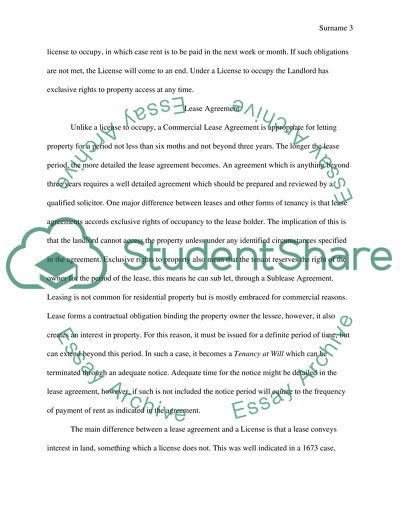Cite this document
(“Land Law terms and conditional Essay Example | Topics and Well Written Essays - 1500 words”, n.d.)
Retrieved from https://studentshare.org/law/1397497-land-law
Retrieved from https://studentshare.org/law/1397497-land-law
(Land Law Terms and Conditional Essay Example | Topics and Well Written Essays - 1500 Words)
https://studentshare.org/law/1397497-land-law.
https://studentshare.org/law/1397497-land-law.
“Land Law Terms and Conditional Essay Example | Topics and Well Written Essays - 1500 Words”, n.d. https://studentshare.org/law/1397497-land-law.


